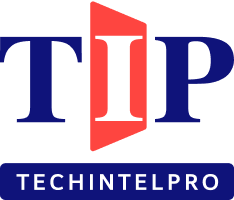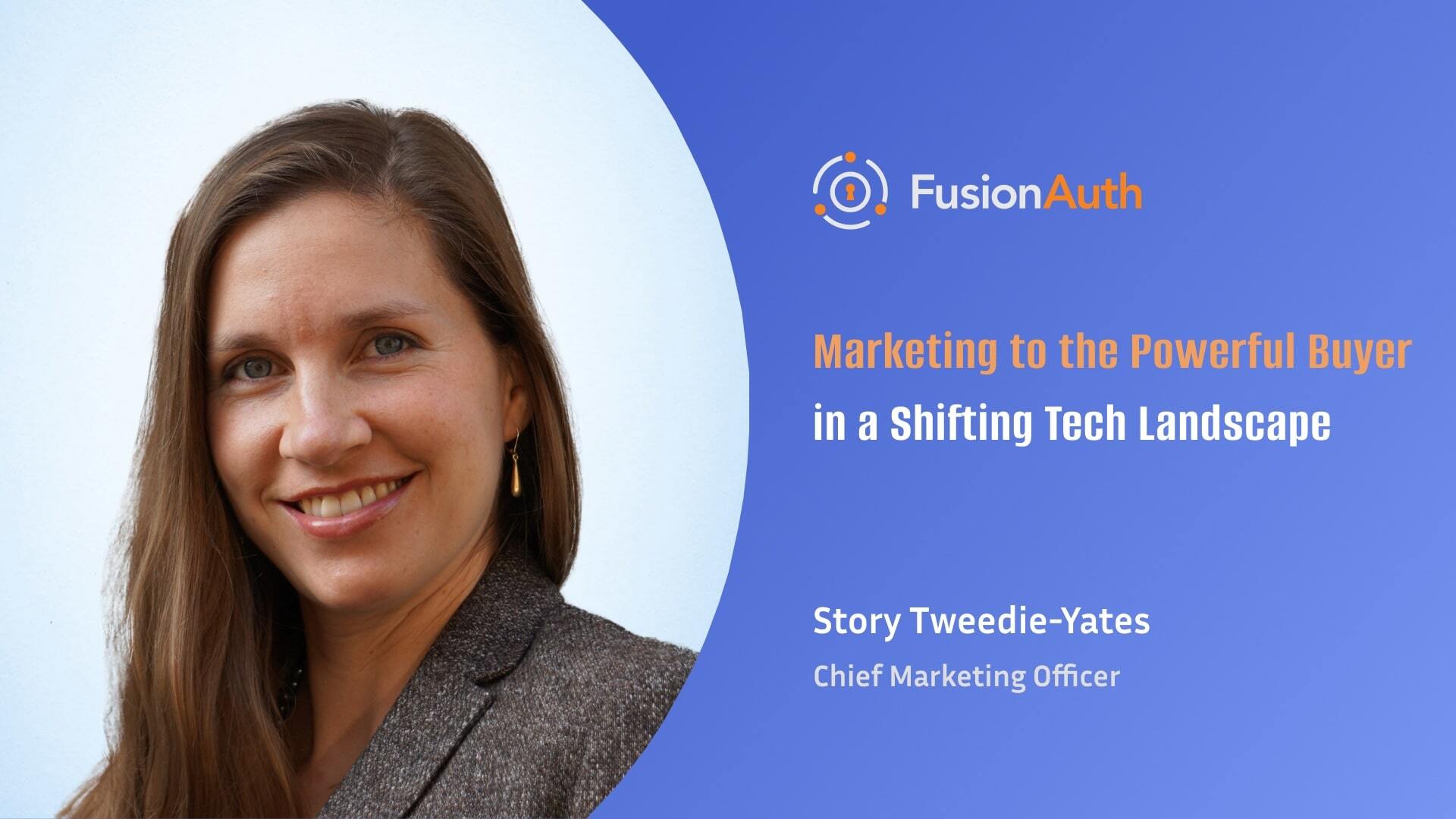

There is always a more powerful buyer in the room.
CMO Story Tweedie-Yates has built her marketing playbook around spotting those shifts—across 30+ countries, developer tools, and cybersecurity. In this interview, she shares insights on balancing product-led growth with enterprise sales, using AI without losing credibility, and why people skills—not technology—remain the ultimate edge for next-gen CMOs.
There is always a more powerful buyer in the room, and that is the person you should always attempt to target with your positioning. Working across both the cyber industry as well as the developer tools space, and across geographies, makes it a bit easier to identify who is becoming the more powerful buyer in real time.
For example, the rise of the platform engineer and SREs is on full display in the cloud native security space, but less obvious when you are targeting engineers all day. It’s like you’re looking at it so closely you can’t see anything change. But once you see who is making or blocking security purchases, that gives you some perspective around the powerful buyer on the engineering side.
It sounds basic, but when you’re trying to also have a strong point of view in a crowded market in order to influence the broader conversation, you can easily slip into the habit of negativity, for example just saying “X sucks”. Which, in the end, can undermine your credibility with developers.
Finding the right balance between bottoms-up and tops-down marketing is about your tone, approach, and credibility. For example, at FusionAuth we try to engender trust with developers by providing guidance and suggestions on what might help them, versus finding negatives, calling names, or harping on things without offering an alternative. The last bit is providing proof, so that developers can independently validate your credibility. For example, if you say you’re a cheaper solution, show the math. If you say downloadable authentication is better, show the ROI.
These two have to be involved in a relay race, unless you are a business built on a high volume of very small transactions and purely growing on a product-led motion. The key is to use both at the appropriate times in the buyer’s journey, and to make those options obvious and easy for customers on your website. You want to get a feel for the product? Go to the trial. You want to talk about pricing for a high availability enterprise license? You can talk to sales today.
Anything that is content-related, AI has completely changed the game. You can do so much more now that you have a brainstorming partner at your fingertips that can take instructions.
AI has nearly doubled our content production with the same number of employees. One person can run point on case studies, SEO, thought leadership blogs and sales enablement in a way I have never seen before, even with the most productive people. What used to take weeks now takes hours or days.
There is nothing I’ve seen that AI can do in terms of measurement and understanding how and where our business runs, as well as which strategies to pursue.
Needless to say, it also does nothing for relationships and the soft skills needed to make teams run effectively.
There is so much noise about organic search being replaced by LLMs, but organic search is still a very strong source of traffic and business. We doubled-down on organic search before going deeply into LLM-based search and it paid major dividends.
A personal observation is that, because technical buyers now have such a committee around their purchase decisions and budget, they are screaming for products they can use autonomously without buy-in from stakeholders.
I believe this was partially behind Wiz’s rise with an ‘agentless,’ visibility-only offering that clearly had very little actual security value in and of itself. But people bought it partially because they didn’t have to install something that engineering could block; and it gave security teams the visibility they needed to justify their budget requests.
In terms of the buyer’s journey, vendors now have an additional argument to make, which is ‘how I am going to make you more efficient so your stakeholders are happy.’ It’s a given in every single sale now.
Read (multiple times) Dale Carnegies’ book, “How to Win Friends and Influence People.” No matter how far AI goes, no matter what role you are in, your ability to sufficiently resource your team, influence the company strategy, and lead your team will depend on your ability to effectively work with people. And people are not easy - that’s why some people are good at this and others aren’t. It’s a skill, and you needed to learn it yesterday.
Story Tweedie-Yates is the Chief Marketing Officer at FusionAuth, where she is passionate about making engineering and developers’ lives easier. She has spent more than a decade in leadership roles for IT Security unicorns in authentication and cloud security, focused on innovative, category-defining solutions with leadership roles at Aqua Security, Auth0 and most recently RAD Security. Her early career was defined by professional tennis. In her time off, you will find her scooting her twins around Oxford in the UK or exploring underwater treasures with a scuba mask.
FusionAuth is the only downloadable Customer Identity and Access Management (CIAM) platform with an enterprise-grade, hybrid deployment model for diverse development pipelines. Trusted by over 450 global organizations, FusionAuth provides customers of any size with a single-tenant VIP suite, the option to download and run anywhere, world-class support, and no hidden costs regardless of scale.
To learn more, visit fusionauth.io